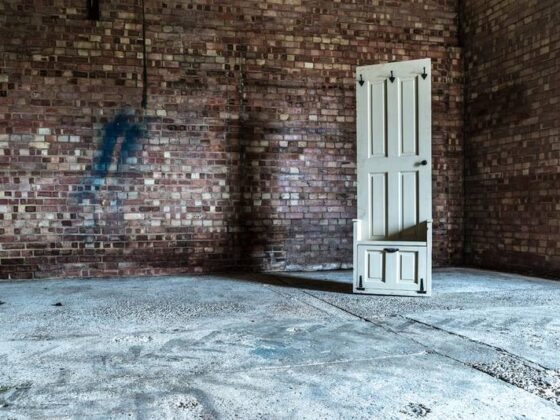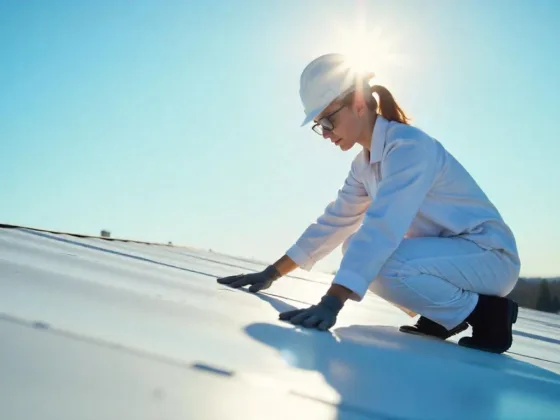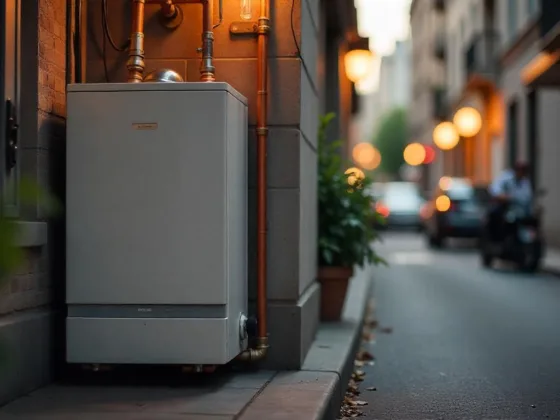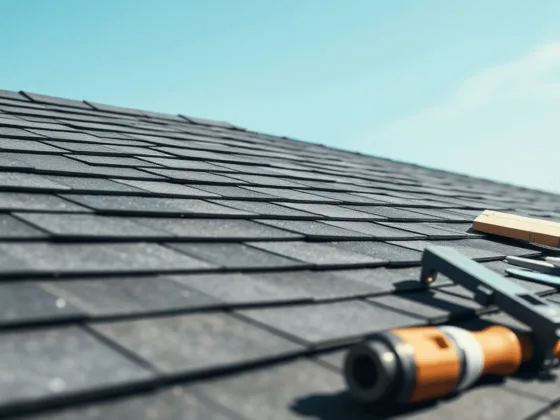There is almost no way around it. Unless you live off the grid or rely solely on electrical appliances, you use natural gas in your home or place of business. And as long as you use gas in your home or place of business, leaks can occur.

It is important to note that if you suspect a gas leak in any way, shape, or form, you should get yourself and your family out of the house immediately. Once you are outside, call 911 or the emergency line of your gas utility provider.
Gas leaks can be incredibly dangerous.
In mild cases, they can cause dizziness and be a fire hazard. In extreme cases, they can cause explosions and carbon monoxide poisoning. It is very important to not only take steps to prevent gas leaks on your property but to know how to detect them, or how to do a gas detection.
First things first.
Read Also:
Stop Leaks Before They Happen
As the adage goes, an ounce of prevention equals a pound of cure. It is best to be proactive with your HVAC systems and take preventative measures to prevent gas leaks in the first place.
A vital step in this endeavor is to upgrade your gas fittings. Call a professional HVAC company to replace your old gas fittings and test the new ones for leak protection. You should always replace your gas fittings if you are installing a new furnace as well.
Staying on top of your heating systems is also a necessity. Most gas leaks occur in the heat exchanger and exhaust systems of gas appliances.
Corroded fittings, loose gas fittings, and cracks in gas lines are all potential leak points for natural gas and even carbon monoxide. You should have your gas lines and furnaces inspected before every winter season.
While the previous two tips should be handled by professionals, you should be regularly checking for gas leaks yourself. The safest way to do this is to turn off all of your gas appliances (furnace, stove, water heaters, etc.) and go outside and observe your gas meter. If the meter is active after you have turned off all gas appliances, you probably have a gas leak.
Again:
If this is the case, vacate your home immediately and call emergency services. If the meter is not moving then there is no gas leak.
How to Tell if there is a Gas Leak
A popular misconception about gas leaks is that they always produce a smell. The fact is that smaller gas leaks don’t always produce a detectable odor. This is why it is so important to be vigilant.
One tell-tale sign of small gas leaks is the higher than usual gas bills. Another is dead or dying house plants. Gas exposure is bad for plants too so if you are good about watering and caring for your houseplants but they are still dying, you might be at risk as well.
While small gas leaks may not be smelled, they can be heard. Keep a keen ear out for a whistling or hissing sound near your gas lines when gas appliances are in use.
Of course:
Some gas leaks will produce a smell. Natural gas smells like sulfur – think rotten eggs.
If there has been a recent earthquake or excavation on or near your home, be sure that no gas pipes or lines were damaged. Leaking gas from broken pipes and lines will produce a white cloud and cause dust to gather near the lines.
Gas leaks can manifest themselves in physiological ways too. A gas leak will displace oxygen in your property, which can lead to everything from light-headedness and nausea to vomiting and ringing in the ears. You may also experience moodiness, nosebleeds, chest pain, abdominal pain, and fatigue.
You may be tempted to brush off some of these symptoms as signs that you are just getting sick or having an “off” day. But it is important to be aware of how you feel and to take note of the symptoms you are experiencing.
If they seem to fade away when you leave your house but return when you come home, you almost certainly have a gas leak.
Be sure to keep an eye on your pets as well. Gas leaks can affect them in distinguishable ways. If your pet seems more lethargic than usual, there may be a leak. Your pets may also respond to gas leaks with irritated eyes, odd behavior and irregular breathing.
Be Safe
Be sure to call a certified and licensed HVAC specialist to service your gas lines and appliances or contact your gas utility provider directly. Gas leaks are no joke and should be treated seriously. Be proactive, be aware, and above all, be safe.









